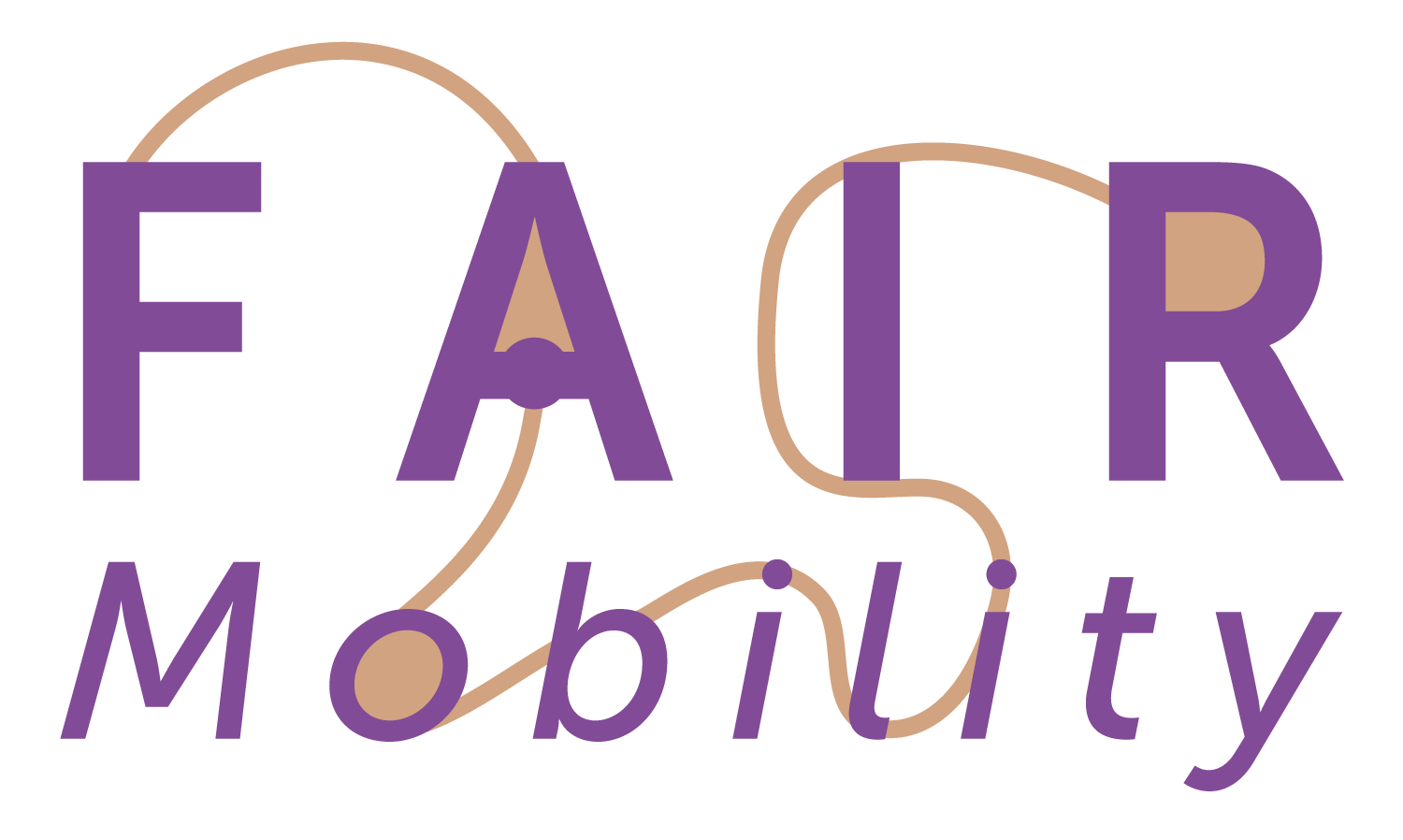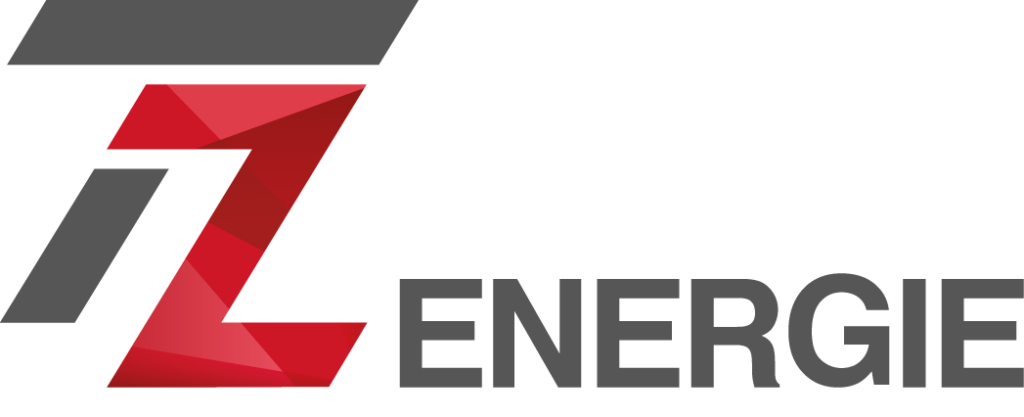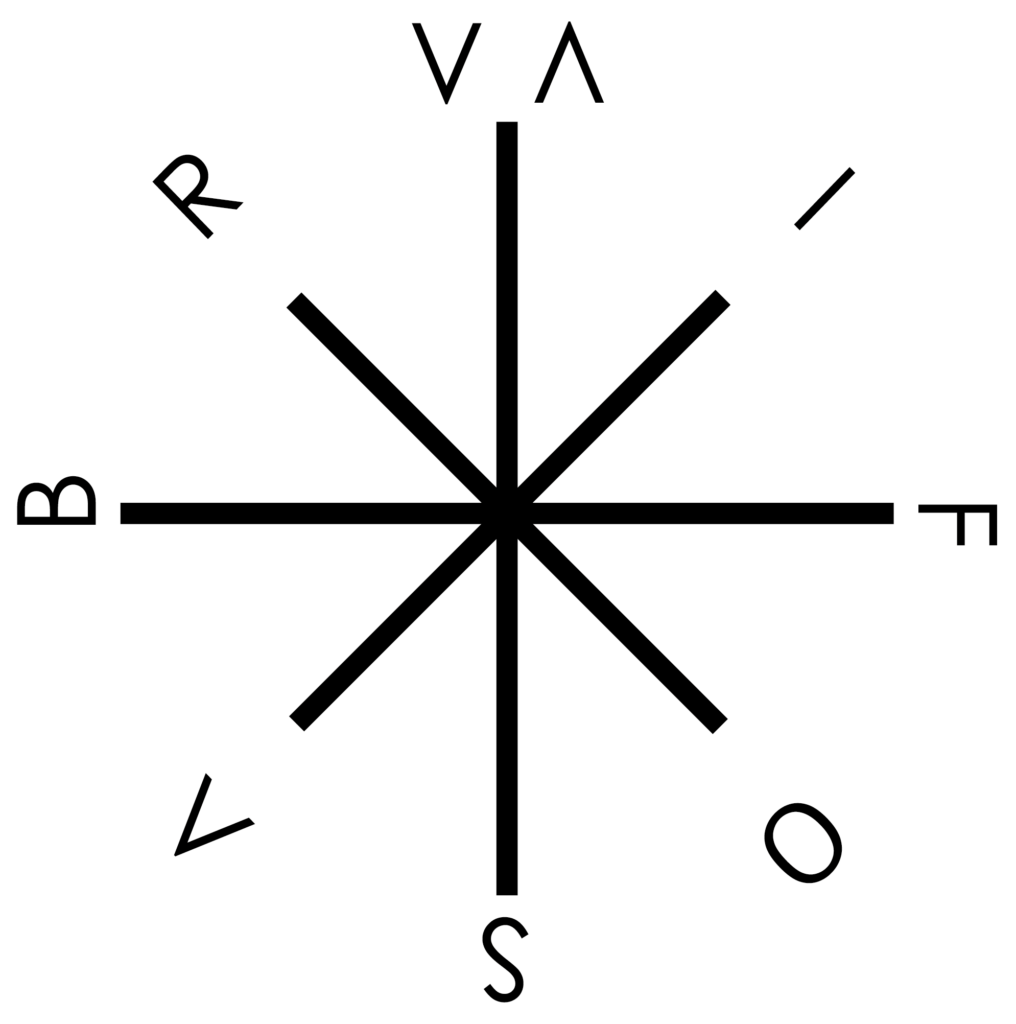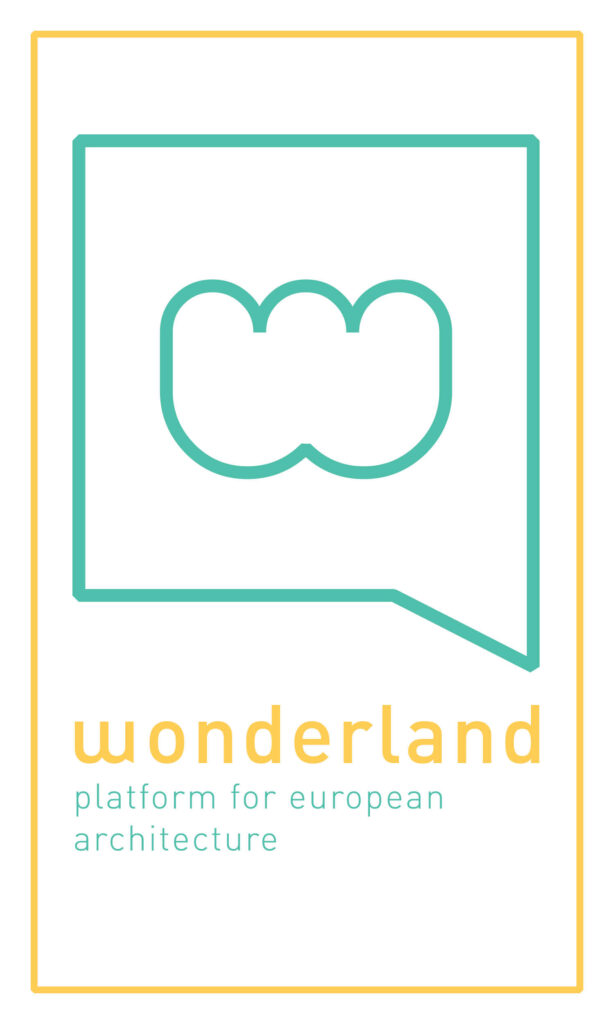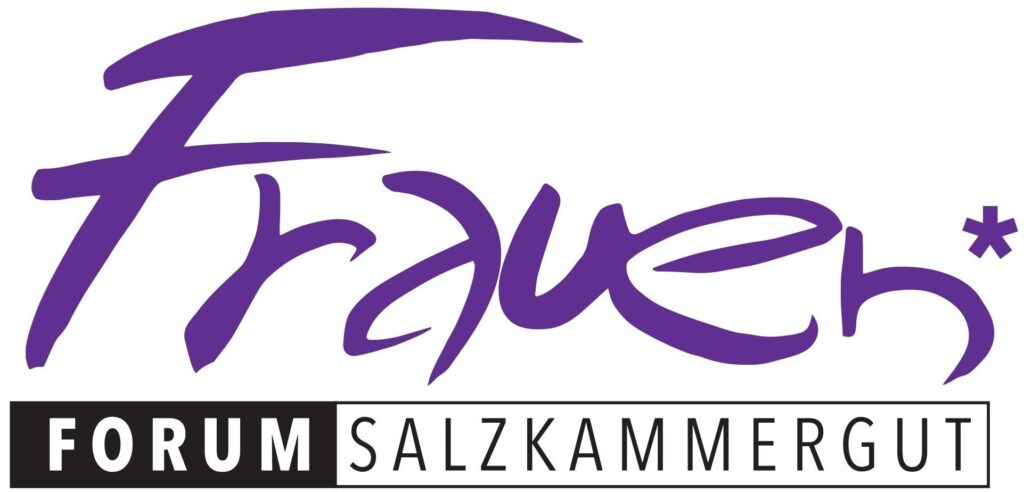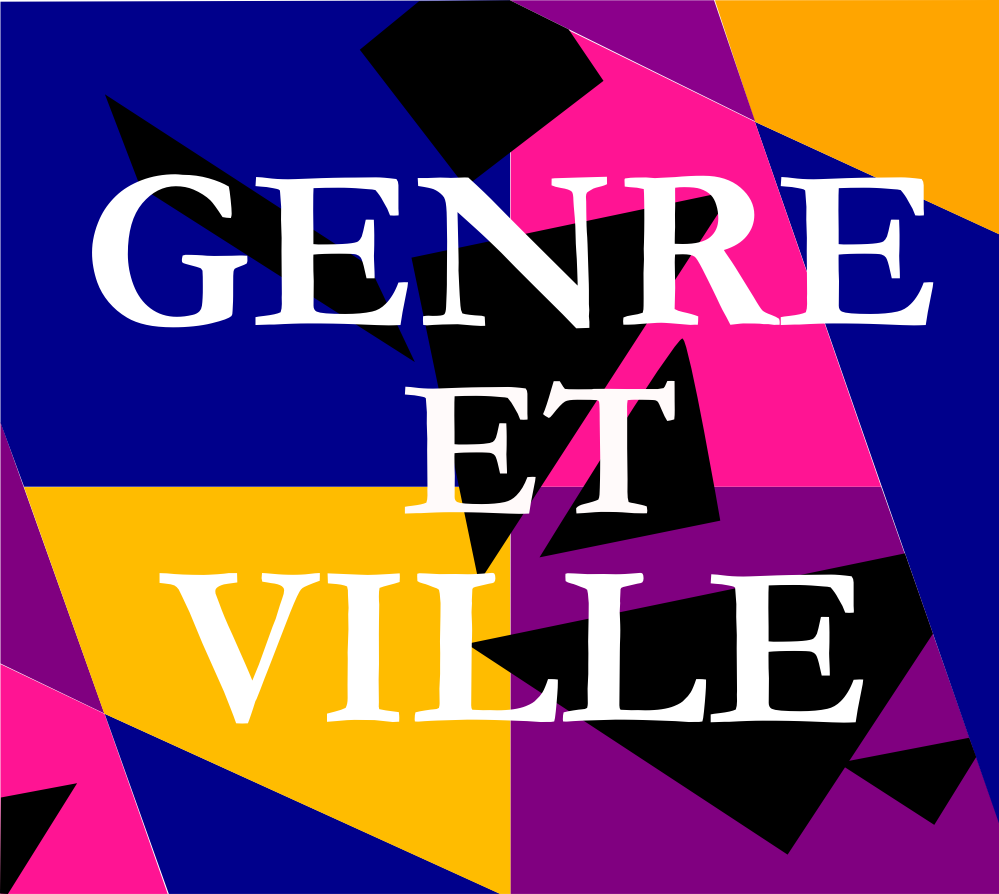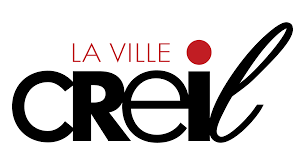Our
consortium
The Fair Mobility consortium represents a diverse range of geographies, cultures, and backgrounds.
Our focus is on co-creation with multi-actor involvement and a trans-disciplinary collaborative strategy. The aim of the project is to engage a variety of stakeholders, including local residents, policymakers, transport operators, and businesses.
We also integrate natural sciences (including engineering), arts, humanities, economic and social sciences into our work, recognizing the need for a holistic approach to address mobility challenges.
In addition, the Fair Mobility project is aware of the importance of industrial, commercial, and societal involvement to ensure the exploitation of project results. As such, our consortium has formed alliances with SMEs (= small medium enterprises) and other pertinent organizations towards achieving such a goal to develop solutions are expandable, replicable, and long-lasting.
You’ll find our project partners below.
A photo of our partners in Creil, France.
TZE bundles the expertise of Landshut University of Applied Sciences in energy research.
Located in Ruhstorf an der Rott, TZE develops technical solutions for the future of energy, with a research focus on energy storage, smart energy grids, energy efficiency, energy systems and open, electric mobility infrastructure.
Landshut University of Applied Sciences offers more than 50 Bachelor’s and Master’s degree programmes in its six faculties. The university prides itself on fostering interdisciplinary skills, future-proof research and developing expertise.
TZE will be using the learnings for German towns and villages to provide insights on mobility aspects from a technological point of view, thus supporting the development of solutions not only viable for fair, but also future-proof mobility.
TZE is responsible for project coordination. TZE will conduct learning discussions with the project representatives. TZE’s researchers will provide their expertise in the field of sustainable mobility to enrich the project with an additional aspect except for gender in mobility. TZE will communicate and disseminate the project outputs among the local municipalities and ensure engagement, making use of their broad network.
Urbasofia
URBASOFIA is a renowned town and regional planning company that has been providing European-wide expertise for urban development, policy design, and territorial cohesion since its establishment in 2011. With its headquarters in Bucharest, Romania and a core team of 10 highly skilled professionals, URBASOFIA specialises in urban planning, territorial analysis, strategic planning, landscape and urban design, participative methodologies, geography, governance, regional development, community planning and co-design, social innovation, social inclusiveness, and smart cities concept development.
Urbasofia will coordinate the process of community-involvement and testing of solutions. Having a background in governance and urban planning, Urbasofia is responsible for strategic dissemination of the project outputs to a wider audience, development of the Fair Mobility Guidelines and Toolkit, and monitoring the co-designed solutions.
wonderland
Wonderland is an NGO that was founded in Vienna in 2004 to facilitate communication and exchange between European practitioners and decision makers involved in the creation, distribution or improvement of space.
The network conducts research, runs co-creation workshops, publishes findings and results, organizes public screenings, discussions, exhibitions and other events to engage non-professionals and stimulate discourse.
It has members in most European countries and collaborating partners. The network supports young professionals.
Wonderland is the communications work package leader, responsible for the campaigning and creating communication products to raise awareness on issues related to the project.
Wonderland will provide communication and exchange between European practitioners, and make use of their broad network for replicability, scalability, feedback culture and
stakeholder engagement.
Universite Gustave Eiffel will be represented through the City Mobility Transport Lab (LVMT) which brings together researchers in engineering and social sciences interested in the interactions between transport, mobility and urban planning. In this project, UGE will provide its expertise in the themes of mobility, accessibility and public policy analysis in relation to gender and equity issues.
University Gustave Eiffel
Université Gustave Eiffel is host of the major teaching and research centre on urban issues in France.
As a winner of the Innovations for the Future programme it has obtained funding for three research federations of excellence, one of which is specialised in the future of cities (Labex Futurs Urbains). The university brings together researchers from multiple disciplines (experimental sciences, engineering, technology, human and social sciences) oriented towards fundamental and applied research.
Frauenforum Salzkammergut
Frauenforum Salzkammergut (FFS) is an independent grassroots NPO established in 1994. which acts in the fields of social sciences, gender studies, migration, counselling service for girls* and women*, local community building, gender equality in rural spaces, herstory, innovative sex education. Main objective of FFS is awareness raising work fostering gender equality (workshops, events, outreach activities, participatory and community building projects).
FFS will provide expertise on gender aspects based on their vast experience in the fields of gender studies, social sciences and counselling for women and girls. It is strongly interlinked with the European Capital of Culture Bad Ischl – Salzkammergut 2024 foundation, that will be involved in the project as main stakeholder.
Genre et Ville will provide vast experience and expertise in stakeholder involvement, workshop management, field and academic research to create gender sensitive suggestions and concepts.
Genre et Ville
Genre&Ville (GV) is a think and do tank focusing on gender and urban planning. The organization is recognized in France and internationally for their holistic approach, as an ongoing platform for research combined with fieldwork.
For the past 11 years, GV has conducted research, training, created guides and gender action plans in order to introduce gender in the urban planning process. They’ve also supported numerous local authorities in gender project management and contracting. GV boasts extensive experience in the field and in conducting participatory workshops with different audiences – working in gender sensitive space creation, design and organization.
They operate at all levels of governance, both in France, Europe and globally (India, Sahel Region Africa).
Our
municipalities
Fair Mobility works in close collaboration with the municipalities of our cases, to ensure co-creation,with multi-actor involvement and a trans-disciplinary collaboration.
A photo of the Ebensee region from the local tourism bureau.
The Ebensee municipality
Ebensee is embedded in between touristic towns and villages, with a high proportion of low-income households in affordable housing complexes. As a former industrial area, the municipality is shrinking. Despite the good rail connection, the urban sprawl development in the last decades, challenged and limited public mobility in the area.
With the national employment strategy 20.000, the municipality experimented with the BIS mobility, where unemployed people over 50 years could be trained to provide lifts for socially in need people.
However with the change of the government in 2017, the employment strategy was stopped8 and there is no alternative since 2018 for people. The activities of Cultural Capital Salzkammergut are a new opportunity to address the mobility and access issue and to experiment with mobility programs, which can be sustained even after the cultural capital year.
The population relies highly on individual transpor due to urban sprawl. The municipality lacks local public transport covering the “last mile”. Furthermore, smaller railway stations have been closed in recent years.The municipality itself is too small and does not have the capacity to develop sustainable and fair mobility concepts by itself, but it is very open to find new ways with the support of the consortium.
The Creil municipality
Creil is an “urban municipality” as it is part of the dense or intermediate density municipalities. It belongs to the urban unit of Creil, an intra-departmental conglomeration of 23 municipalities and 123,989 inhabitants in 2017, of which it is the central city (30,000 inhabitants).
In addition, the settlement is part of the catchment area of Paris, of which it is a commune of a secondary pole. It is located in the North of Ile-de-France Region, 25 minutes away from Paris.
The municipality concentrates both a large number of jobs (mostly occupied by workers coming from outside) and a high proportion of low-income inhabitants, of which many are occupying jobs in the outer suburbs of Paris.
Creil owes its attractiveness to its very good rail links and the affordability of its housing. Nevertheless, inhabitants and more specifically women are suffering uneven access to daily amenities, in a territory which is well connected to Paris and other regional cities, but badly well served by local public transport and mobility offer.
This municipality which hosts a majority of people belonging to the working classes is a regional railway node, but local accessibility to amenities is poor, especially for women from disadvantaged or minority groups. The municipality has been promoting initiatives and projects aimed at social cohesion and urban renewal for several years and is keen to collaborate with the Fair Mobility project.
